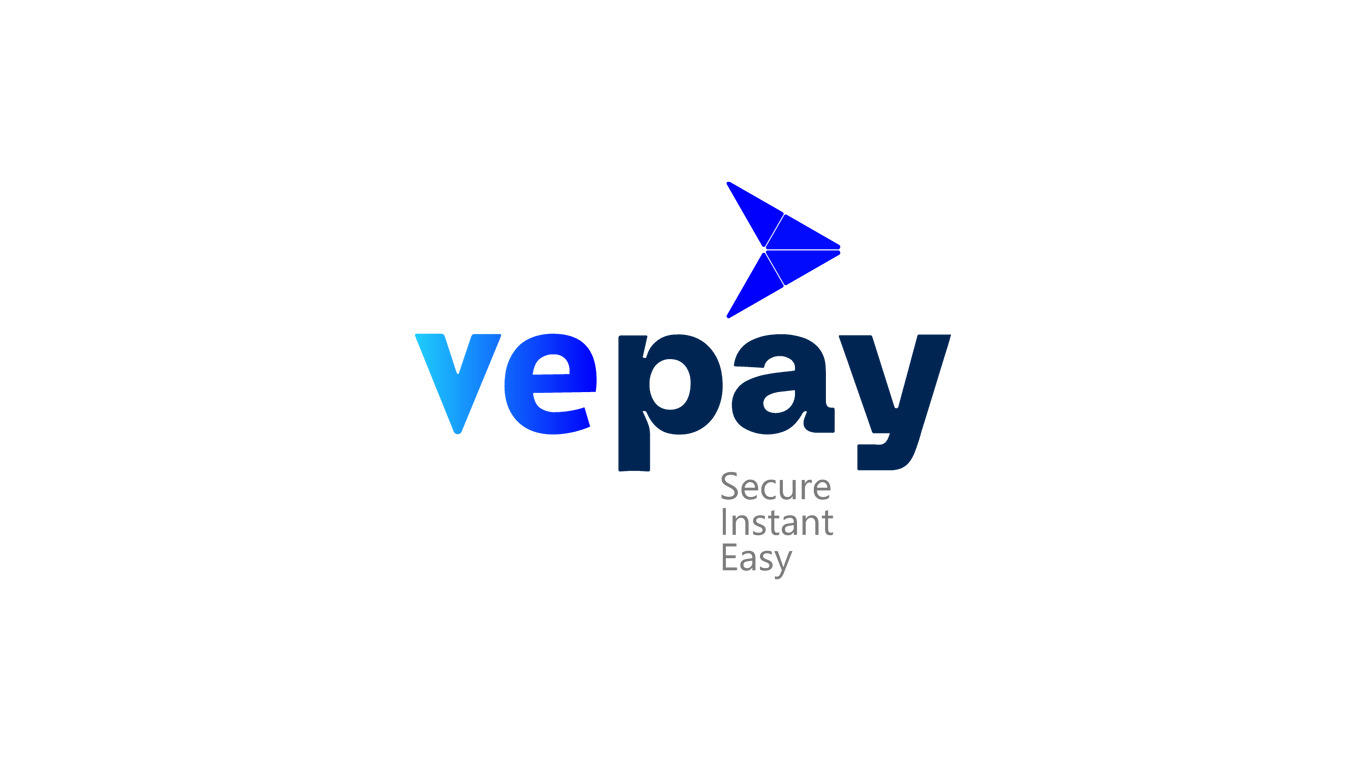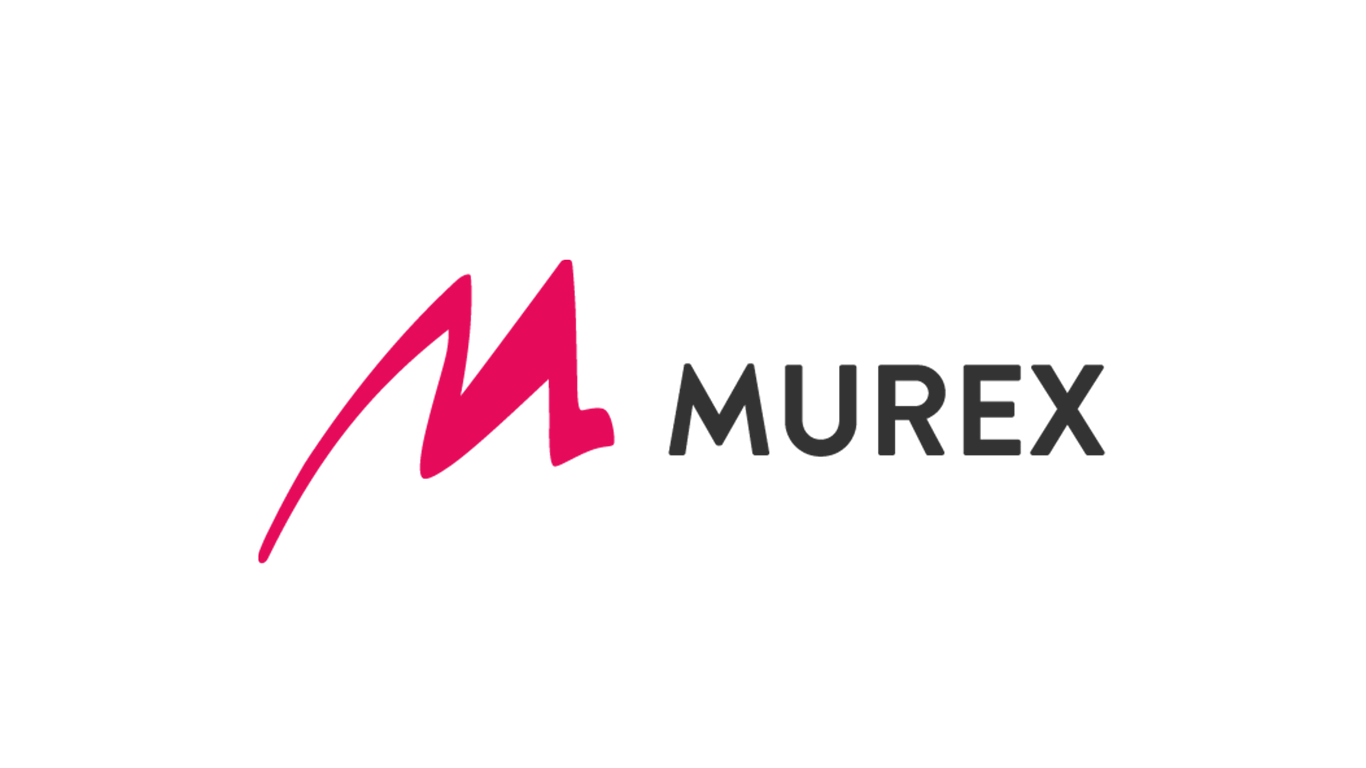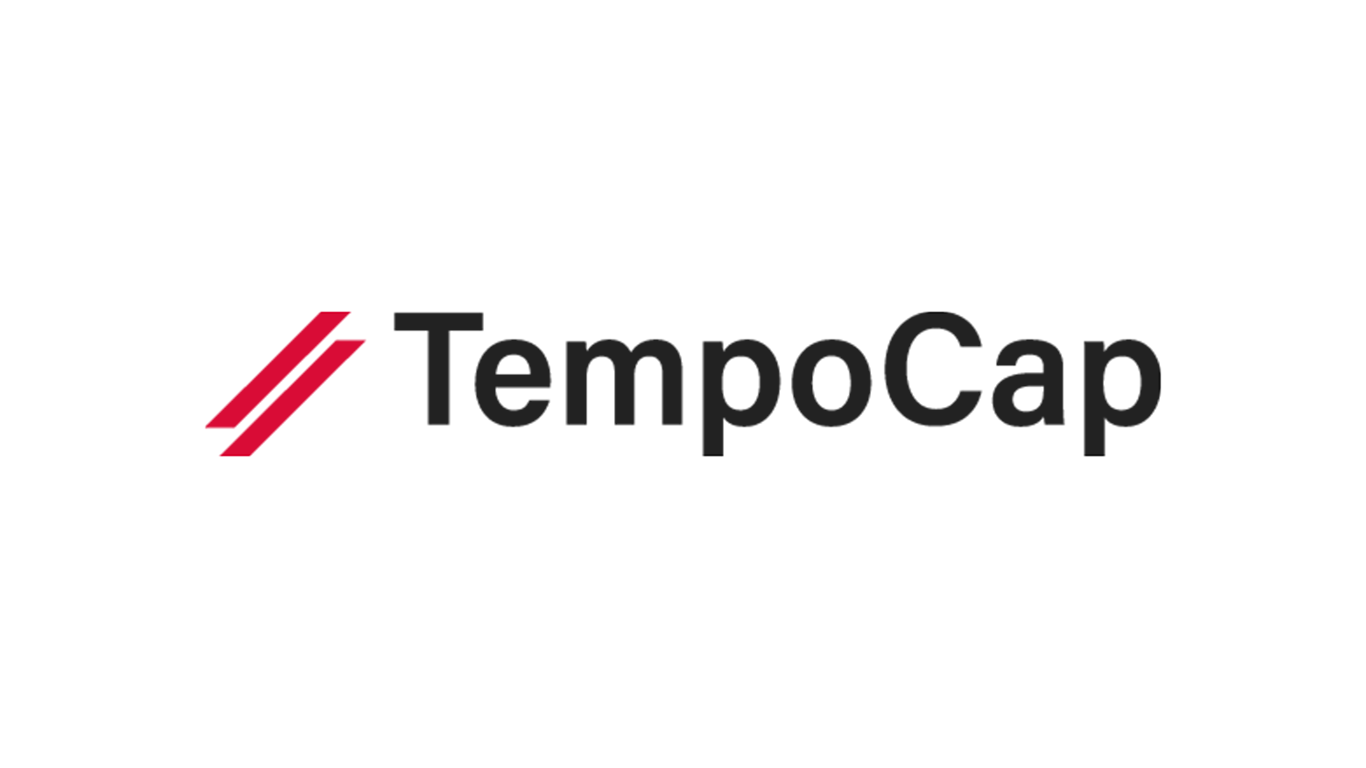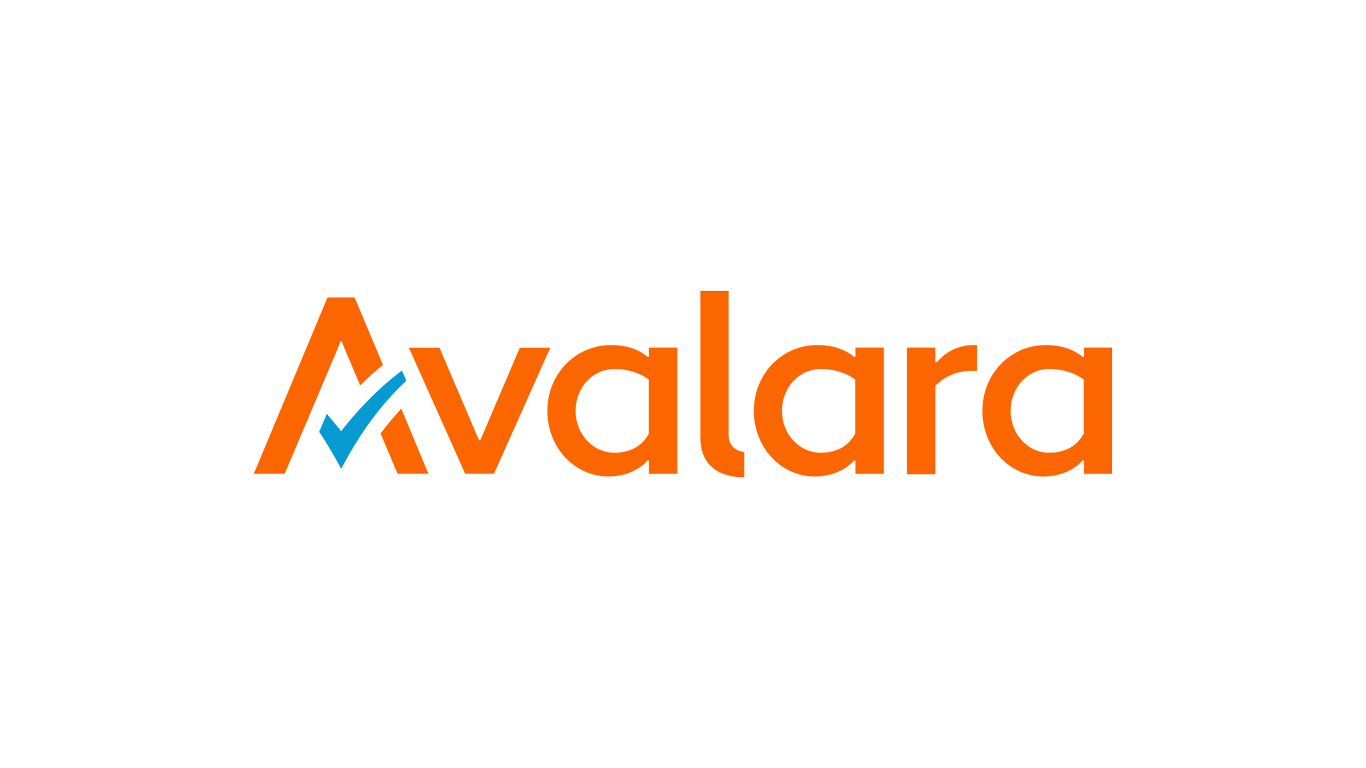Published
- 01:00 am

Bud Financial Limited (US) is now available in the Google Cloud partner directory. Bud’s presence allows companies to work with the data-intelligence fintech as part of their annual spend, unlocking the benefits of a single commitment to Google Cloud. It also enables current and future clients to launch engagements with cashflow, AI-powered lending solutions with speed, since they do not require additional budget approvals.
“At Bud, we pride ourselves on our diligence and results-driven approach,” said Edward Maslaveckas, CEO of Bud. “We are excited to reach a broader base of customers with accessibility and ease through Google Cloud Marketplace.”
Bud’s platform will provide Marketplace users with end-to-end solutions, enriching financial data to meet key financial outcomes so they can better understand their customers, optimize lending and underwriting, monitor their loan portfolios and personalize every customer touch point.
“Bud’s partnership with Google Cloud enables the company to scale secure banking technology,” said Toby Brown, Managing Director, Global Banking Solutions, Google Cloud. “Working with Bud means bringing innovative financial solutions to the forefront that harness the power of open banking and AI to help FSIs better understand and engage with their customers.”
“The world is talking about the power of AI, and Bud is the fintech company to help them solve their greatest data challenges. Being live on Google Cloud Marketplace is an incredible honor, and we’re so very grateful to embark on this journey,” says Kyle Ray, EVP of North America.
Bud is one of 72 fintech companies in the Google Cloud partner directory. The directory is available in all of Bud’s markets: the US, the UK, Australia, and New Zealand.
Related News
- 05:00 am

Pyrpose, a breakthrough climate finance platform which connects climate-conscious consumers directly with climate innovators to reduce future carbon emissions, is looking to accelerate its growth trajectory after announcing today that it has completed its fundraise.
The Pyrpose platform allows consumers to understand their own carbon footprint and puts them in control of their own climate action. They can directly invest in climate solutions and generate returns, while at the same time providing SME climate innovators access to much-needed working capital to improve the future of the planet.
Kevin Kyer, the CEO and Co-Founder of Pyrpose said: “Our purpose is to reduce carbon emissions. We do this by enabling what we call “now gens” - or climate-conscious consumers - to directly invest in climate solutions. Doing good for the environment and making a return should be available to the majority.”
“Gaining access to solutions that truly reduce carbon emissions and allow for the everyday person to be rewarded is the model to solve for the climate crisis. Supporting the climate used to be a donation. We’ve made it an investment,” added Kyer. “I am grateful for the support and funding of our angels and CV VC. We are not chasing an easy task of making climate finance accessible to the majority, and it takes great support from people and companies that share our values.”
David Long, Principal & Head of Investments, CV VC, added: “Pyrpose addresses an untapped demand for people to put their money to good use in the fight against climate change. By offering an engaging, simple-to-use platform, users can align their values with their financials for the benefit of the future of our planet. Utilizing blockchain technology, Pyrpose ensures users experience a transparent, trustworthy and secure record of the investments made.”
Related News
- 03:00 am

Vernost Group, a leading technology solutions provider, announced the launch of its highly anticipated VePay Payments Acquiring and Orchestration technology today.
A pure play technology-as-a-service solution, VePay harnesses the power of advanced AI routing, Blockchain, Analytics, and Cloud Computing and has been designed especially for banks, payment platforms, fintech, and e-commerce companies to not only significantly increases business margins but also ensure uninterrupted operations for enhanced business continuity.
With seamless integration capabilities at the core, VePay enables businesses to effortlessly connect with over 30 partners, including Mastercard Payment Gateway, Visa Cybersource, and leading aggregators such as Stripe and Checkout—propagating easy connectivity with multiple payment gateways and processors across India and the UAE.
In addition to its integration prowess, the platform provides an array of benefits to streamline payment operations through seamless merchant onboarding, customized merchant-hosted pages, hassle-free auto settlement, reconciliation, analytics, and much more. By offering a ready-to-use, efficient, and secure solution, VePay allows businesses to focus on their core operations, eliminating the need for extensive payment technology development and enhancing the overall merchant experience.
Speaking of the brand’s expansion drive, Pankaj Tripathi, Chief Executive officer of Vernost, said: “We are thrilled to launch VePay in the region, as we strongly believe it is a game-changer that will empower our clients to scale their operations and excel in the realm of payments. At Vernost, every product we develop is built from the ground up, driven by the actual needs of our customers. Our Loyalty and Engagement Product - ClubClass as well as our Travel Product VeTravel is being used globally and we have the same aspirations for VePay. Through direct interaction with them, we identified a significant gap in the market and an opportunity for us to create a product that resolves the challenges faced by merchants. With VePay, we are poised to enhance our growth strategy and make a substantial impact on banks and payment platforms worldwide."
VePay has been launched on May 23, 2023, Day 1 of the Seamless Middle East exhibition, one of the largest events in the transformative digital commerce landscape. Strategically, Vernost has committed to be at the event over the next 3 years. This prestigious platform provided the perfect opportunity to introduce VePay to the market, showcasing its capabilities and solidifying its position as a revolutionary solution.
Related News
- 01:00 am

FlowX.AI, the world’s first AI enterprise application modernisation platform for large financial services organizations, today announces that it has raised a $35 million Series A funding round.
The company was launched in 2021 by three co-founders Ioan Iacob, Radu Cautis and Serban Chiricescu, and within two years has secured partnerships with large system integrators and driven hundreds of millions of dollars in ROI for leading financial institutions across Europe. Major clients already include leading European banking group OTP, which has $85 billion in AUM, the largest bank in South Eastern Europe, Banca Transilvania, as well as one of the largest banking groups in Central Europe, Alpha Bank.
Today the business has a team of almost 50 people across Europe and US and is embarking on rapid expansion with a view to becoming the global go-to solution in the space of enterprise application modernization.
Ioan Iacob, FlowX.AI Founder and Chief Executive Officer, said: For a long time enterprises have been promised useful tools for modernizing their business. Many promises have been made over the years related to speed of digital product development, no code / low code, citizen programmers, and many others. But these promises have not been kept. Instead, enterprises got a thousand disjointed point solutions and ended up captive to inflexible solutions, vendors, and proprietary technologies. FlowX.AI addresses this problem. We are proud our platform has been consistently enabling customers to accelerate application modernization in an unprecedented way: what used to take years is now being done in weeks. We’ve now truly proven our product and are ready to bring FlowX.AI to even more customers. Our Series A funding will allow us to bring to market a number of innovations that will bring AI to enterprise on a large scale, and to expand our geographic footprint.”
FlowX.AI was originally founded as an application modernization platform to solve a trillion-dollar problem for financial institutions: how to quickly build mission-critical modern digital solutions on top of complex legacy systems.
Until now, large banks and enterprises operating on legacy infrastructure have been spending huge sums on maintaining old systems while creating new apps and products. To put this into context, companies worldwide spent almost $2 trillion on digital transformation projects last year and software errors cost the US economy alone more than $2 trillion. These projects are not only expensive; they are often slow, require intense tech talent input, and can go significantly wrong when risky “rip and replace” processes on core legacy systems are attempted. (For example, one UK retail bank was recently fined for failings that occurred as it migrated from legacy to new software - a migration that saw 1.9 million customers locked out of their accounts for five days).
Evgenia Plotnikova, General Partner at Dawn Capital, said: “Tech innovation continues to accelerate, yet the businesses that underpin our everyday lives are running on century-old technology. We can use our phones to get AI to generate a travel itinerary in seconds, but it takes years for our banks to offer new mortgage products. Enterprise leaders want to rapidly increase the pace of change, and FlowX.AI offers an elegant and intuitive solution. It abstracts away horse-and-carriage legacy infrastructure, and ensures users are only ever exposed to a spaceship experience. Ioan and his team are further proof that tech innovation is on fire across Europe, and we are thrilled to be supporting them as FlowX.AI becomes a truly global player.”
Related News
- 04:00 am

Ballerine, an open-source risk decisioning platform, has raised $5 Million in a seed funding round led by Team8. The company provides an open-source platform that integrates global data sources, along with the necessary tools to automate and enhance decision-making processes for tasks such as onboarding (KYB), underwriting, and transaction monitoring. Ballerine caters to any business handling financial transactions subjected to KYB, KYC, and anti-money laundering regulations, including most financial institutions, FinTechs, e-commerce, marketplaces, and other businesses. Ballerine is experiencing rapid growth and traction, its open-source GitHub repository has attracted over 1500 developers worldwide, with dozens of fintech companies using its code in production.
The company was founded by an expert team of developers from the digital banking space with extensive experience building in-house risk infrastructure, and a first-hand understanding of the many challenges associated with developing and maintaining risk systems internally. The founding team, Noam Izhaki (CEO), Nitzan Guy (CPO), and Alon Peretz (CTO), launched Ballerine to solve the pain points they encountered using a developer-first, open-source and modular approach.
Traditionally, verifying, underwriting and monitoring businesses is a complex task. It involves extensive data pulling from multiple sources, documentation, and policy updates due to changes in regulations, threats, and best practices. This complexity increases exponentially as companies expand to new geographies or add new products and business lines. Ballerine simplifies this task, enabling developers to fully customize their risk assessment workflow through a marketplace of point solutions. Data sources can be accessed via a single commercial agreement with Ballerine or through commercialization directly with data vendors. These sources include but are not limited to: company registries, sanctions, websites/social, credit agencies, adverse media, PEP databases, UBO registries and Open-Banking.
“The financial industry desperately needs infrastructure to support its ongoing digital transformation, infrastructure that empowers institutions to automatically access and analyze data throughout the customer journey," said Noam Izhaki, the CEO and Co-Founder of Ballerine, “Ballerine offers exactly that - it leverages dispersed data, simplifies privacy management, and empowers companies to continually enhance their risk-decisioning processes while maintaining control and flexibility.”
Ballerine's open-source core gives developers and risk managers control over the infrastructure with a single integration and allows customization to address specific needs around customer experience, risk exposures, audiences, and geographies. Ballerine’s open-source platform is the next-gen infrastructure for risk and identity decisioning as it offers significantly more flexibility for global financial services and large institutions, catering to many more use cases and leaving more room for customers to extend and customize the platform.
“Ballerine has a real opportunity to transform the way any business handling financial transactions manages risk.” said Hadar Siterman Norris, Partner at Team8. “This funding will help Ballerine create the first open-source and developer-centric compliance infrastructure, which is sure to propel Ballerine to even greater heights. We are excited to be part of their journey.”
The funding round was led by Team8 with participation from Y Combinator, Vera Equity and executives from Brex, Trulioo, Venmo, Melio and Coinbase. Ballerine and Team8 will be attending Money 20/20 in Amsterdam, June 6-8, 2023. Noam Izhaki, Ballerine’s CEO and Co-Founder, will be speaking at the conference during a presentation, “Open-Source is Coming: Watch Out Financial Services.”
Related News

Ant Persse
Managing Director at Optimum Finance
There is something rather troubling at the moment regarding the future funding of small- to medium-sized enterprises (SMEs). see more
- 08:00 am

Asia Pacific financial institutions believe that fundamental review of the trading book (FRTB) rules will increase capital requirements significantly, regardless of risk calculation model used, according to a wide-ranging Murex survey of bank readiness ahead of critical upcoming changes.
However, half of these banks plan to pursue the more risk-sensitive, sophisticated model of compliance—the value-at-risk-based internal model approach, or IMA.
"It was surprising that such a high proportion of banks are looking at FRTB as an opportunity to move to the internal model approach” said Murex Risk Management Solutions Manager Tim Clarsen.
The comprehensive study, released today by Murex—the global leader in trading, risk, and processing solutions for capital markets—delves into 24 Asia Pacific financial institutions’ perception and anticipations regarding FRTB implications. These institutions are headquartered in Australia, Hong Kong, India, Indonesia, Japan, Mainland China, Malaysia, Singapore, South Korea, Taiwan and Thailand. They represent diverse profiles, from local firms to domestic systemically important banks and global systemically important banks.
The survey was bolstered by Murex’s strong regional presence and growing community of Asia Pacific-based experts, as well as the company’s proven record of FRTB implementations there.
Murex found these banks face “a kaleidoscope” of contextual specificities, according to Clarsen, including variations in requirements and remaining uncertainty around adoption and implementation timelines of the standard.
Sixty-three percent of respondents expect a 1.5 to three-fold capital increase when moving to FRTB. This applies to banks using either the SA or IMA method.
“These banks think is it worthwhile to invest and put in place IMA to reduce the expected capital increase. Many of them use our integrated platform, MX.3. This allows them to share the same market data and analytics for front office and risk. So, they see that implementing IMA will not be excessively challenging in their case,” Clarsen added.
Persistent regulatory timeline uncertainty is a primary implementation challenge of FRTB in Asia Pacific local jurisdictions, the survey also found. Therefore, the survey findings indicate that starting implementation earlier is a good approach.
While many banks surveyed are not looking at cloud infrastructure to enable the adoption of SA and IMA risk calculation models, 30 per cent of firms are factoring in a hybrid approach. Given the computing capacity of cloud, Murex believes banks should consider hosting their integrated front-to- back-to-risk platforms in a cloud or SaaS environment to provide the computing power to enable—in particular, IMA.
Read Murex’s comprehensive survey, FRTB in APAC: How Ready are Banks?
Related News
- 06:00 am

On joining the Toqio board, Michael Pierce, VP of Sales, said, “Embedded finance is to companies what cloud technology was to banking in 2016. We are on the cusp of a drastic shift in the way financial services are consumed, and there are very few players building a platform that can support this. Toqio is exactly that platform, and I felt the opportunity to take all my previous experience to help craft what will be the industry’s leading embedded finance platform.”
He continued, “I am excited to be a part of taking the industry by storm and feel the timing couldn’t be better. More importantly, the DNA of Toqio’s culture fosters inclusion and creates an environment for growth through collaboration, skill, and competence. It’s an exciting opportunity all around!”
Eduardo Martinez Garcia, CEO and Co-Founder of Toqio, commented, “We are delighted to have Michael on our team. His long-standing experience working in the financial industry will be fundamental to leading Toqio to where we want to be. We are confident in his ability to help us build upon the growth we’ve experienced after our Series A, being responsible for expanding our organization through commercial functions as we reach key milestones.”
Related News
- 07:00 am

Europe’s leader in growth technology investment, TempoCap, today announces the new hire of Operating Partner Andreas Wuchner to further strengthen its cybersecurity expertise. Andreas is a seasoned international executive with an exceptional track record of over 25 years’ cybersecurity experience across consumer and provider sectors. He served as General Manager (CIO), Chief Information Security Officer (CISO), Head IT Security & Operations, Head IT Risk Control and Head IT Risk Management/Governance & Compliance for several large scale and international organisations, including Novartis Pharmaceuticals, UBS, Deutsche Bank and Hewlett-Packard/DXC Technology. He has also served on company advisory and supervisory boards, helping fast-growth cyber companies such as Qualys, Panaseer, Armis and Cylance. Andreas brings a unique combination of deep cybersecurity technical expertise and strategic planning, go-to-market activities and product/service design to his role.
As stakes get higher and costs of cyber risk are rising exponentially, the need for robust cybersecurity postures against advancing threats is ever-present. With the guiding hand of seasoned investors and experienced leaders, cybersecurity startups can innovate, evolve and deliver long term results. TempoCap’s portfolio has illustrated the potential for promising disruptors to succeed, recently winning the 2023 Real Deal Award for VC/Growth Deal of the Year for fintech company CurrencyCloud’s exit, and securing another notable cybersecurity exit with portfolio company Ercom being acquired by Thales Group.
There is a huge opportunity for innovative security organisations to drive change. The acceleration of digital transformation and migration to cloud, the growth of artificial intelligence, geopolitical developments, the expansion of attack surface creating new vulnerabilities and increased regulatory complexity all provide new challenges for the digital footprint management of companies across the globe. In TempoCap’s portfolio, for instance, AI and ML-powered companies such as CybelAngel provide actionable threat intelligence to manage external attack surface, while Onfido offers industry-leading identity verification and fraud detection solutions and Dedrone offers an advanced drone threat detection and mitigation platform.
Andreas Wuchner’s appointment as Operating Partner at TempoCap follows his proven track record helping disruptive cybersecurity companies develop new avenues for growth. Through his role as an advisory board member for portfolio company Panaseer, Andreas has helped expand operations from one to nine vertical markets and almost tripled its customers base over the past three years. His deep expertise in the latest cybersecurity technology, strategy and go-to-market strategy will now be applied to the broad range of TempoCap’s security companies, ensuring they are well-placed to succeed in this critical, resilient and fast-growing market.
Andreas Wuchner comments: “I am thrilled to become part of the TempoCap team and to join a company that has been leading the way in growth investing. Using my decades of experience in the field, I am committed to providing targeted and strategic advice to enable our cybersecurity companies to reach their fullest potential in an increasingly necessary market. We find ourselves at a critical juncture, with artificial intelligence providing the opportunity to transform the way that we operate and the growth of MSSPs enabling organisations to outsource their security needs and save on operational costs. I am looking forward to focusing on these areas and helping TempoCap capitalise in a fast-growth space.”
Olav Ostin and Damien Henault, Partners at TempoCap add: “We are delighted to have someone of Andreas’s calibre join TempoCap and to add to our team with his decades of knowledge and experience in all aspects of cybersecurity, Information Security, IT Security & Information and Risk Management. His wide-ranging technical and go-to market expertise and management skills have already been proven in the growth of our portfolio company Panaseer and we are excited to work with him across all our current cybersecurity investments and to find, invest in and expand cybersecurity startups. His enthusiasm and energy for talent encapsulates our values and we look forward to having his insights throughout our portfolio.”
Related News
- 03:00 am

Avalara, Inc., a leading provider of cloud-based tax compliance automation for businesses of all sizes, today unveiled Avalara E-Invoicing and Live Reporting, a new compliance API designed for multinational businesses to streamline their compliance with e-invoicing mandates around the world.
“While many businesses are investing in e-invoicing, they’re finding that the requirements are complex, vary by country, and are resource-intensive,” said Jayme Fishman, EVP and GM of Indirect Tax at Avalara. “Avalara has spent the last two decades addressing the complexity around indirect tax compliance for businesses and their trusted partners with our industry-leading compliance platform that makes tax less taxing. Now with Avalara E-Invoicing and Live Reporting, we’re extending that simplification to help clients and partners manage the new challenges and additional complexities of rapidly evolving e-invoicing mandates around the globe.”
E-invoicing mandates create new complexities for businesses
Today, more than 60 countries worldwide have announced or already have mandates for e-invoicing — a number that could more than double by 2030. Additionally, a growing number of countries have introduced other digital reporting requirements, including live reporting of invoice data and e-reporting of international sales and purchases.
While many businesses have implemented e-invoicing as a part of their digital transformation initiatives, the surge in government-driven and country-specific e-invoicing initiatives presents a unique challenge for businesses selling goods and services internationally. Governments view e-invoicing as an effective tool to enforce tax laws by increasing data visibility and further shoring up tax gaps.
As e-invoicing mandates grow in number, complying with them globally becomes more challenging and expensive. Local solutions are no longer sufficient for multinational businesses to meet compliance requirements efficiently. To keep up with the constantly evolving tax compliance environment, businesses must adopt a centralized approach to international compliance.
A single API to simplify and automate global e-invoicing requirements
Avalara E-Invoicing and Live Reporting helps businesses streamline international e-invoicing compliance, optimize payment and cash collection cycles, and save costs and resources. This flexible and scalable e-invoicing solution can be integrated into accounting, ecommerce, enterprise resource planning (ERP), and other invoicing systems via a single API that enables businesses to deploy e-invoicing simultaneously in multiple countries. The API is designed to adhere to evolving legislative requirements, helping businesses stay e-invoicing compliant globally. Avalara E-Invoicing and Live Reporting also allows partners to enhance their platforms by seamlessly addressing global e-invoicing requirements within their customer experience.
Avalara E-Invoicing and Live Reporting lets businesses quickly and securely:
· Set up global e-invoicing capabilities in their ERP, ecommerce, or accounting systems. Businesses can purchase Avalara E-Invoicing and Live Reporting from their ERP or accounting app store, set up their credentials, and configure the app based on their reporting needs.
· Access e-invoice exchange networks and government platforms. Businesses can connect to national (FACeB2B in Spain, for example) and international (e.g., Peppol) networks, as well as government e-invoicing platforms (KSeF in Poland, SDI in Italy, etc.).
· Support e-invoicing models by country or region. Businesses can connect to Avalara’s global API to fulfill e-invoicing mandates, including digital signatures, QR codes, digital archiving, and tax authority clearance and approvals.
· Monitor the status of e-invoices. Businesses can monitor the status of all their e-invoices from a single reporting console, providing real-time visibility on the life cycle of the e-invoice and any messages or errors returned by tax authorities.
· Set up archiving. Avalara E-Invoicing and Live Reporting can archive e-invoices to comply with data localization, security, and retention policies.
“The breadth and variation of e-invoicing requirements globally require a single solution that can automate and address e-invoicing in any country — regardless of rules or models,” said Kevin Permenter, Research Director at IDC. “Businesses stand to streamline their e-invoicing compliance by adopting a cloud-first solution that can easily integrate into the systems powering their invoices. Avalara’s e-invoicing API makes it possible for businesses to integrate e-invoicing into their finance functions and address global e-invoicing requirements from a single solution, saving them time, money, and resources.”
“E-invoicing is the clear direction of travel for tax authorities globally. The pace and quantum of new mandates is unprecedented and causing a huge headache for multinational businesses,” said Alex Baulf, Senior Director of E-Invoicing at Avalara. “Tax and finance functions now need to look at e-invoicing and live reporting of transactional data strategically — this is no longer a local compliance issue, it’s a critical global business issue. Avalara is offering a single way to help comply with a myriad of complex and changing e-invoicing requirements.”
Avalara has an extensive partner ecosystem comprised of more than 1,200 signed partner integrations, as well as a long history of providing tax compliance integrations with technology platforms across accounting, ecommerce, ERP, and more. Avalara will extend this strategy to provide out-of-the-box integrations that will make global adoption of e-invoicing truly a one-click experience for multinational companies. Earlier this year, Avalara announced the company’s expanded collection of e-invoicing certifications across Australia, Japan, New Zealand, and the European Union, as well as its involvement as a technical committee contributor for the Business Payments Coalition’s E-invoice Exchange Market Pilot in the U.S.









